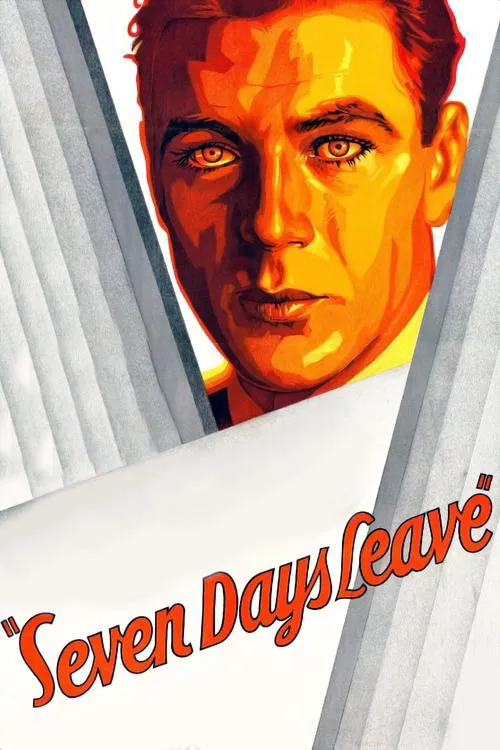Seven Days Leave

Plot
Set against the backdrop of World War I, "Seven Days Leave" tells the poignant and humorous story of a woman's desperate attempt to feel connected to the war effort, only to be thrust into a situation that threatens to upend her carefully constructed illusion. Barbara, a lonely and isolated woman in her mid-30s, finds herself longing to be part of the vibrant community of women whose loved ones are fighting on the front lines. As she attends social gatherings with her friends, Barbara feels increasingly left out, burdened by the knowledge that she has no one to call her own. Determined to change this, Barbara hatches a plan to pretend that she has a son fighting in the war. She tells her friends about his bravery, shares his letters, and even fabricates a personal history for him, weaving a delicate web of deceit that is meant to make her feel included and admired. As the days pass, Barbara's friends fawn over her and her fictional son, praising her for her sacrifice and patriotism. However, Barbara's ruse is put to the test when, in an unexpected turn of events, her son actually shows up on her doorstep, claiming that he's been wounded and granted seven days' leave. Barbara is shocked and flustered, unsure of how to handle the situation. She's torn between her desire to maintain the facade and her growing feelings of guilt and responsibility towards the young man standing before her. In a moment of desperation, Barbara and the young man, whose name is Charles, strike an unlikely agreement. He'll pretend to be her son in exchange for a place to stay and some basic necessities, allowing him to escape the harsh realities of war. Barbara, in turn, gets to keep her illusion intact, at least for a little while longer. As the days pass, Barbara and Charles navigate a complex dance of deception, each trying to maintain their respective personas while secretly discovering the true nature of their relationship. Charles, a charming and resourceful young man, finds himself drawn to Barbara's kindness and vulnerability, while Barbara begins to see Charles as a person rather than a tool to boost her social standing. Their interactions are marked by a mix of humor, awkwardness, and genuine affection, as they stumble through a series of awkward encounters, including a disastrous dinner party and a botched visit to a local military hospital. Despite the challenges they face, Barbara and Charles grow closer, bonding over their shared experiences and struggles. Meanwhile, Barbara's friends become increasingly suspicious, sensing that something is amiss. They press Barbara for more stories and details about her son, forcing her to improvise and navigate the treacherous waters of her carefully constructed lie. As the seven days come to a close, Barbara must confront the consequences of her actions, choosing between preserving her reputation and her relationship with Charles. Through its nuanced exploration of human relationships, "Seven Days Leave" sheds light on the complexities of women's lives during wartime, highlighting the ways in which they were forced to create new identities and personas to cope with the loss and anxiety that surrounded them. By adapting James M. Barrie's play "The Old Lady Shows Her Medals," the film's writers have crafted a story that is both a tribute to the original work and a thought-provoking examination of the human condition. Ultimately, "Seven Days Leave" is a heartwarming and often hilarious tale of two people who, despite their initial reluctance, form an unlikely bond. As Barbara and Charles navigate the trials and tribulations of their makeshift relationship, the film challenges us to consider what it means to be part of a community, to find meaning and connection in times of uncertainty. In its exploration of love, identity, and sacrifice, "Seven Days Leave" reminds us that sometimes, the most powerful connections come from the most unexpected places.
Reviews
Recommendations



